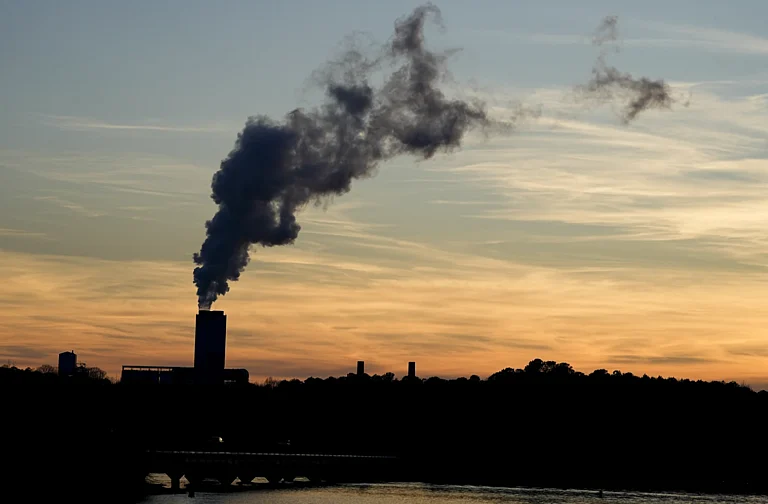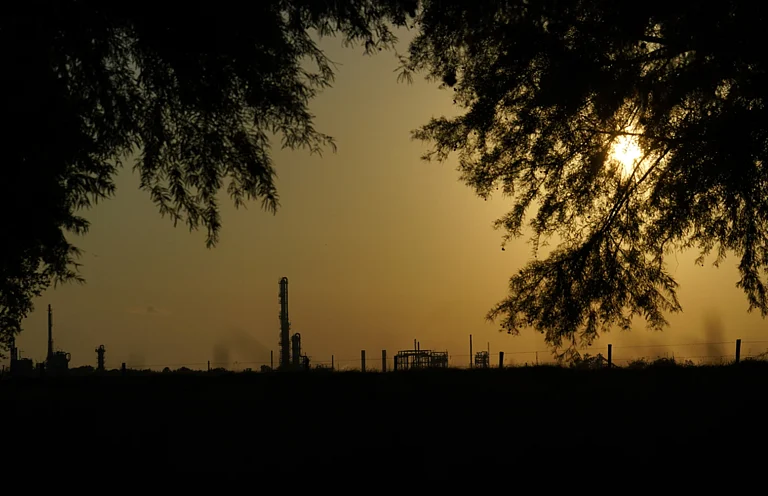The Environmental Protection Agency (EPA) has taken decisive action to safeguard public health by imposing stringent restrictions on the use of methylene chloride, a hazardous chemical commonly utilized in various industrial and consumer applications.
This move comes after years of mounting concerns regarding the toxic effects of the substance, which has been linked to numerous fatalities and serious health complications.
In a recent announcement, the EPA revealed its plan to prohibit most consumer uses of methylene chloride, as well as imposing limitations on its industrial and commercial applications. Notably, exemptions will be granted for certain critical functions deemed vital to national security and economic stability, such as the production of environmentally friendly coolants and components for electric vehicles.
The decision to enact these measures follows a CBS News investigation that prompted major retailers like Home Depot, Lowe's, and Sherwin-Williams to remove products containing methylene chloride from their shelves.
The chemical's association with a range of severe health issues, including cancer, neurotoxicity, and liver damage, has raised alarm bells, with at least 88 documented deaths attributed to acute exposure since 1980, primarily among individuals involved in furniture refinishing and paint stripping activities.
EPA Administrator Michael S. Regan emphasized the necessity of prioritizing public safety, stating, "Exposure to methylene chloride has devastated families across this country for too long, including some who saw loved ones go to work and never come home." Regan asserted that the EPA's decisive action would put an end to unsafe practices involving methylene chloride and institute robust protections for workers engaged in its limited industrial applications.
The EPA's move to restrict the use of methylene chloride comes on the heels of growing recognition of the chemical's risks and aligns with broader efforts to address hazardous substances in the environment. Earlier initiatives by the EPA to curtail the presence of "forever chemicals" in tap water underscore the agency's commitment to safeguarding public health and environmental quality.
While the EPA's decision has garnered praise from public health advocates, it has sparked opposition from chemical companies, who argue that the risks associated with methylene chloride are overstated and that existing safety measures adequately mitigate potential harm.
The American Chemistry Council, a prominent industry lobbying group, contends that methylene chloride plays a crucial role in the production of numerous everyday goods and products, including pharmaceuticals, paint strippers, and metal cleaners.




























